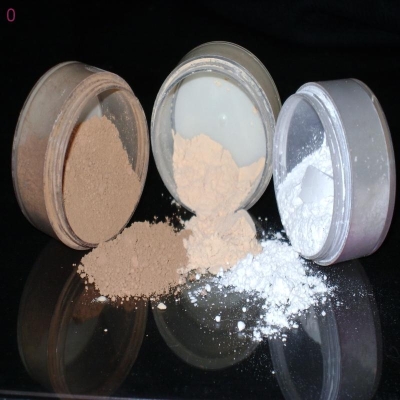-
Categories
-
Pharmaceutical Intermediates
-
Active Pharmaceutical Ingredients
-
Food Additives
- Industrial Coatings
- Agrochemicals
- Dyes and Pigments
- Surfactant
- Flavors and Fragrances
- Chemical Reagents
- Catalyst and Auxiliary
- Natural Products
- Inorganic Chemistry
-
Organic Chemistry
-
Biochemical Engineering
- Analytical Chemistry
- Cosmetic Ingredient
-
Pharmaceutical Intermediates
Promotion
ECHEMI Mall
Wholesale
Weekly Price
Exhibition
News
-
Trade Service
"The All India Chinese Grape Exporters Association (AIGEA) predicts that the EU's policy on desen manganese zinc will affect India's fresh grape exports, " the World Agro-Agriculture Network reported.
urged the Indian government to consult with the EU on the issue.
, India's largest grape exporter, welcomed the EU's move, saying regulation of dyson manganese zinc would encourage grape growers to use more cost-effective fungicides.
on December 14, 2020, the European Union issued a notice not to approve the active substance Desen manganese zinc.
zinc is a protective fungicide that effectively prevents and controls a variety of leafy fungal diseases and is registered for use in horticulture and agricultural food crops, ornamental plants and tobacco, and forestry.
the EU has set a transition period for exporting a package of measures to re-export fresh grapes to the EU.
the maximum residual limit for desen manganese zinc will not be reduced to the default limit of 0.01 mg/kg until January 2022.
AAPEDA said India's grapes, originally scheduled for export to the EU in 2021, would not be affected as the grace period for Desen manganese zinc expires on January 4, 2022.
, however, from next season (2022), grape growers growing export varieties for the EU market will have to adopt a package of plant protection alternatives and stop using desenganese zinc.
return to organic farming" India's grape exports have been increasing in recent years, but restrictions imposed by the European Union have made farmers feel like thin ice.
the government must consult with the EU to ensure that frequent changes in EU regulations and rules do not affect exports," AIGEA president Jagannath Khapre told BusinessLine.
khapre added that there was no data on the use of desen manganese zinc in India and that farmers did not know what alternatives were available.
more than 20 varieties of grapes grown in India, and more than a dozen varieties are commercially grown and exported to European and Gulf countries.
2019-2020, India's main grape export destinations are the Netherlands, the UK, Germany, Russia and Bangladesh.
said grape growers would have to return to organic farming, given the caution of EU countries about the use of chemicals in their cultivation.
since the 1960s, Indian grape growers have used more and more chemicals and abandoned organic farming.
, we will have to adopt traditional planting methods and find a way to make them cost-effective, " he said.
to help develop Maharashtra, India's largest grape-producing state, accounting for more than 81.22% of the country's total production and the most productive region.
AEGA is concerned that grape growers and exporters in Maharashtra will have to revise their planting and export plans under the new rules.
, in the view of Vilas Shinde, chairman and general manager of Sayadri Farmers Producers Company, EU rules are not just for India, and India's exports will not be affected.
will promote research and development, and farmers will have the opportunity to use new fungicides to reduce costs," said Shinde, a researcher at the University of New China.
grape consumers around the world are becoming more cautious about foods grown with chemicals, and we must adapt to market choices.
grape is one of India's most important fruits, with an area of 123,000 hectares, accounting for 2.01% of the total arable land.
between 2019 and 2020, India exported 193,690.55 tons of grapes worth 21,768.8 million rupees ($298.05 million) to the world, according to APEDA.
so far, the new rules will have no effect on grape exports.
but farmers have to think about alternatives from now on," Shinde added.
。







